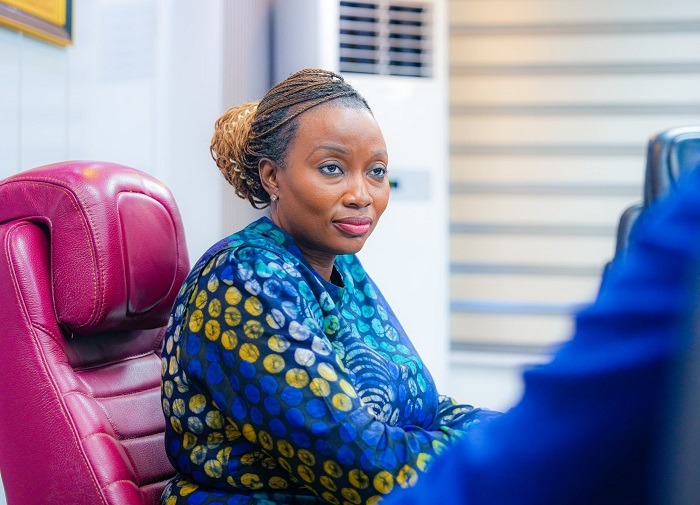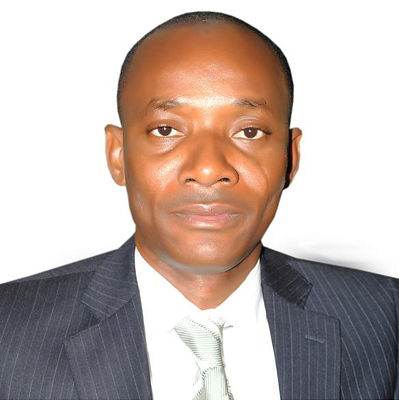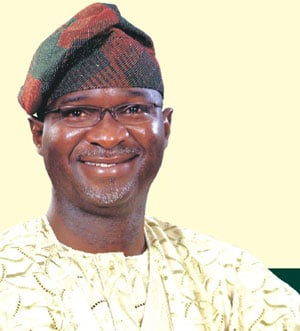Olubunmi Kuku, managing director of the Federal Airports Authority of Nigeria (FAAN)
The Federal Airports Authority of Nigeria (FAAN) has called on investors and global partners to help modernise the country’s airports, improve operations, and adopt technology-driven solutions to drive growth in the aviation sector.
Olubunmi Kuku, FAAN’s managing director (MD), spoke at the opening ceremony of the agency’s national aviation conference (FNAC) 2025.
Kuku said the conference comes at a pivotal moment for global aviation, with IATA projecting global passenger traffic to hit 4.99 billion this year, surpassing pre-pandemic levels.
The FAAN boss also said the Airports Council International projected that traffic will reach 9.7 billion by 2040, with Africa at the centre of this growth.
Advertisement
‘INFRASTRUCTURE GAPS ARE INVESTMENT OPPORTUNITIES’
On the local market, she acknowledged the country’s challenges, including infrastructure gaps, foreign exchange (FX) pressures, and the need for modernisation.
“These are not merely obstacles; they are Nigeria’s unparalleled investment portfolio. Every “gap” is a clearly marked space for transformative returns,” Kuku said.
Advertisement
The managing director said for every dollar invested in aviation, nearly four dollars are generated in broader economic growth, citing the International Civil Aviation Organisation (ICAO).
Kuku said six airports and multiple runways are currently undergoing government-funded transformations, noting that “it is a direct investment in our shared future.”
She said FAAN’s strategy is built around six key pillars, which include customer-focused service delivery, operational excellence and innovation, strong governance and workforce development, airport infrastructure viability, modernisation and expansion, and safety and security.
The MD said the authority is already seeing positive results from these initiatives.
Advertisement
She said some of the results include the training of 7,320 staff members at FAAN’s ICAO-accredited training school, forming partnerships such as with Dubai’s ATOM aviation training services, and implementing biometric solutions across key airports.
“Additionally, we have initiated the vital process of obtaining ISO certification from the International Organisation for Standardisation (ISO) for FAAN,” she added.
“This strategic move aims to enhance our international rating and restore investors’ confidence.”
Offering pathways for investors, Kuku called for investment in infrastructure, noting that the gap between current capacity and projected demand presents opportunities in terminal modernisation and cargo facilities.
Advertisement
“We seek global expertise in management, ground handling, and logistics—partner with us to enhance efficiency and share in the profitability of a growing market,” the FAAN boss said.
“Global Engagement in Technology: From biometrics to sustainable solutions, invest in the future of African travel with us.
Advertisement
“Africa’s largest population, a growing economy, and a strategic geographic position. The demand is here. Growth is inevitable. The only question is, who will have the foresight to be in the cockpit with us?
“To truly ascend, we need all hands on deck. This is why I make a direct appeal to our valued unions: embrace this new era of collaboration. Your understanding and partnership are the bedrock upon which we will build.
Advertisement
“The private investment we seek is not a replacement for our workforce; it is the catalyst for its growth. It will create better facilities, more advanced systems, and ultimately, more and better jobs for Nigerians.”
Kuku said the conference would serve as a “deal room”, moving conversations from talk to commitments, with inputs expected from the aviation ministry on policy, the Nigeria Civil Aviation Authority (NCAA) on regulation, and financiers on ready capital.
Advertisement







